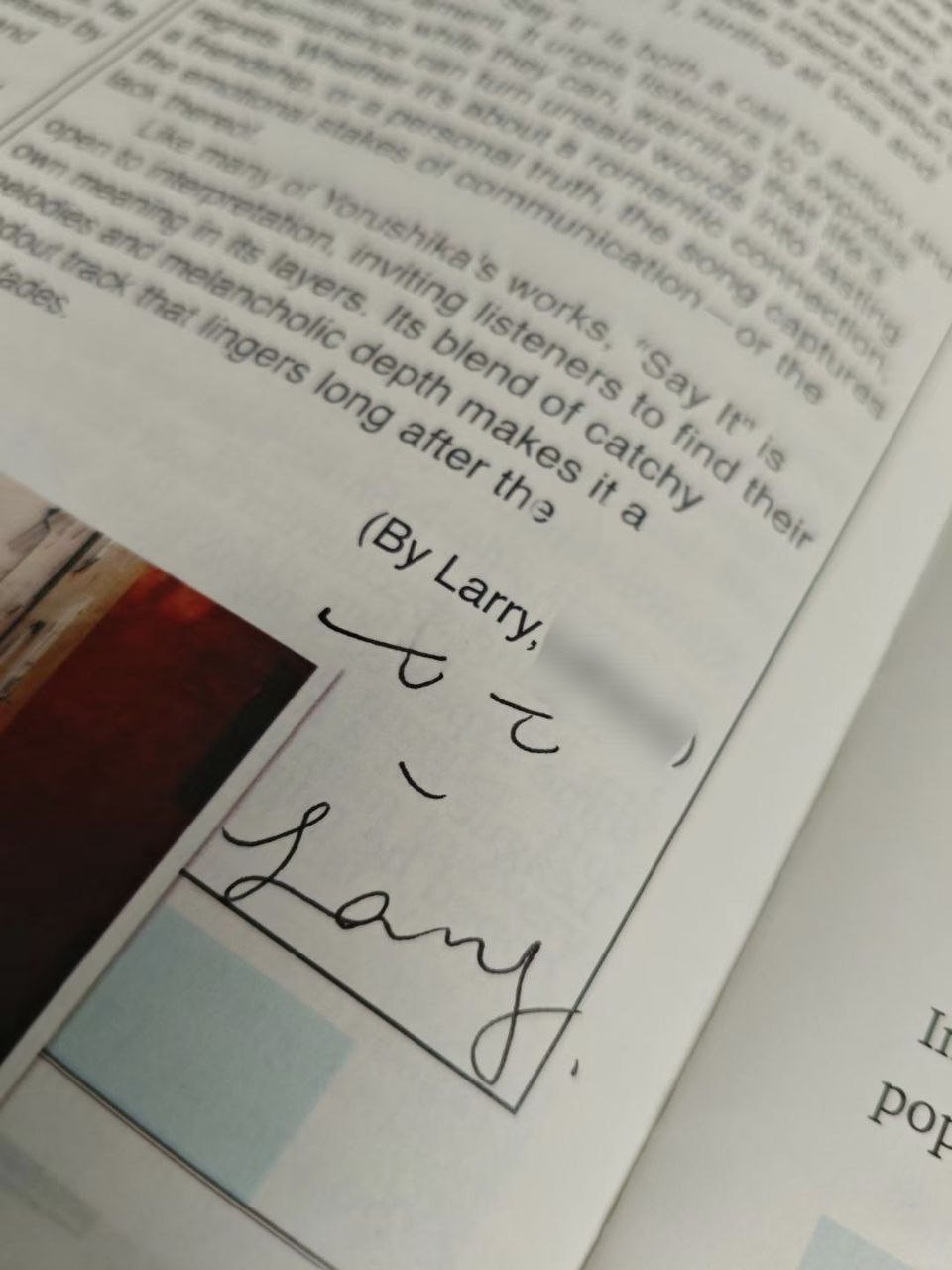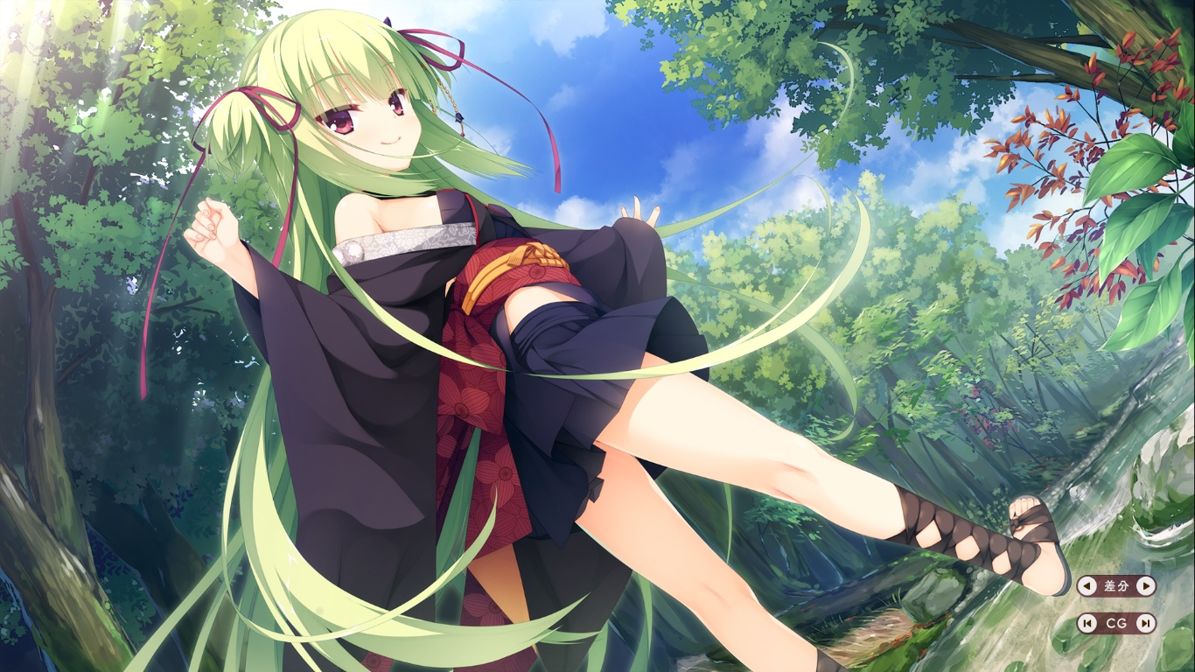Yorushika
あのね、空が青いのってどうやって伝えればいいんだろうね
夜の雲が高いのってどうすれば君もわかるんだろう
Y’know, how should I tell you that the sky is blue today?
What should I do to tell you
that the clouds are high in the night sky,
so that you would understand too?——Say It 「言って」
About Yorushika
Yorushika(ヨルシカ) is a Japanese rock duo founded in 2017, composed of N-buna, a vocaloid music producer(ボカロP), and Suis, a female vocalist. The name “Yorushika” is taken from a lyric in their song “The Clouds and the Ghost”; “yoru shika mō nemurezu ni” (夜しかもう眠れずに, meaning “I can only sleep at night”). The theme of Yorushika’s logo is a motif of two moons facing each other and also serves as a clock hand, portraying the time “from 6:00 to night”.
As a vocaloid producer, N-buna released his first vocaloid song “Alice Trust” (アリストラスト) in 2012, continuously gathering popularity on Niconico. What really made him famous is his 13th creation “Umiyuri Kanteitan” (ウミユリ海底譚), which gained over 11M views on Niconico and 30M on Youtube. His vocaloid songs conveyed a sense of summer to the audiences, which made us deeply immersed in the lively summer scenery painted by him. Though he believed that vocaloid has its strengths as the singing is uniquely emotionless, he also wanted to compose songs better expressed by human, and that’s why he gave up vocaloid and founded Yorushika with Suis.
Suis was a longtime fan of N-buna’s vocaloid work. N-buna reached out to her to form Yorushika as part of his effort to find a “more human” voice to use in his music, as opposed to vocaloid. Since then, the two have released three extended plays and three full albums, all of which charted on both the Oricon Albums Chartand the Billboard Japan Hot 100 Albums Chart. As of May 2023, their faces and detailed profiles have not been disclosed, as they want their fans to listen to their music without “preconceptions”.
About “Say It”
My favorite song of Yorushika is “Say It”(言って), which is the third track in their debut extended play “Summer Grass”, released on June 28th, 2017. The track encapsulates themes of youth, memory, and the fleeting nature of life. At its heart, “Say It” reflects the emotional tension between the desire to articulate one’s thoughts and the difficulty of doing so. The narrator seems to look back on a significant moment—possibly tied to a relationship with a loved one or close friend—where they failed to fully express themselves. The title itself, “Say It”, serves as both a command and a lament: an urging to speak out and a subtle nod to the phrase “they passed away” (a possible interpretation of itte in Japanese, “逝って”), hinting at loss and missed opportunities.
Ultimately, “Say It” is both a call to action and a reflective lament. It urges listeners to express their feelings while they can, warning that life’s impermanence can turn unsaid words into lasting regrets. Whether it’s about a romantic connection, a friendship, or a personal truth, the song captures the emotional stakes of communication—or the lack thereof.
Like many of Yorushika’s works, “Say It” is open to interpretation, inviting listeners to find their own meaning in its layers. Its blend of catchy melodies and melancholic depth makes it a standout track that lingers long after the music fades.


![题解:P11762 [IAMOI R1] 走亲访友](/img/reimuback.jpg)

